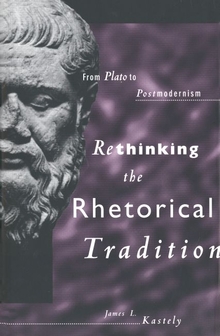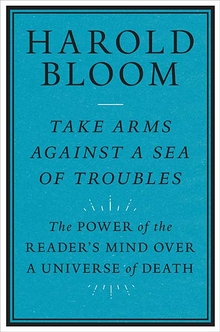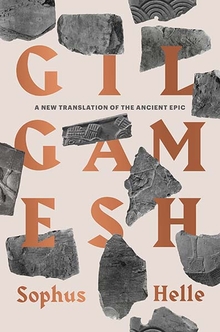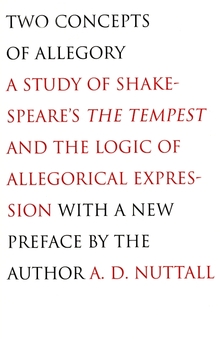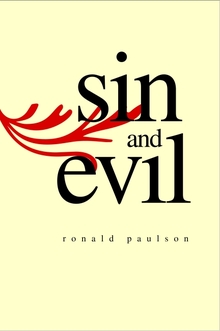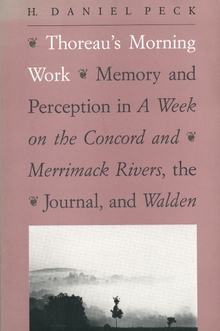Rethinking the Rhetorical Tradition
WARNING
You are viewing an older version of the Yalebooks website. Please visit out new website with more updated information and a better user experience: https://www.yalebooks.com
From Plato to Postmodernism
James L. Kastely
Challenging the traditional claim that Plato is the chief opponent of rhetoric, Kastely contends that he was its most sophisticated theorist. Plato, Sophocles, and Euripides, the author asserts, recognized an essential paradox: while urgently believing in the need for rhetoric in a world where injustice cannot be eliminated, they nevertheless regarded the possibilities of rhetoric with skepticism. Tracing the modern recovery of a skeptical rhetorical tradition to Jane Austen, the author argues that Sartre's work displays the incoherence within modernist thought on discourse and reveals the tensions between two strains of postmodern thought--deconstructionism and Marxism. Kastely concludes by showing how the rhetorical theorist Kenneth Burke has returned to the insights of classical rhetoric in order to balance a skeptical stance toward persuasion with a commitment to act in a world with persistent injustice.
"I especially like Kastely's concluding call for a more direct engagement between contemporary postmodernist thought and the classical tradition of rhetoric. His book provides an excellent model for such engagement."—Steven Mailloux
"This book is recommended for literature, classics, and philosophy collections serving graduate students through faculty."—Choice
"Rethinking the Rhetorical Tradition is likely to become an important part of the critical conversation."—Jeffrey Walker, Comparative Literature Studies
"A thoughtful and illuminating contribution to the conversation that needs to be promoted about the ways in which the past may meaningfully speak to the present."—Thomas M. Conley, Rhetorica: A Journal of the History of Rhetoric
"Kastely . . . offers a bridge between the ancients and moderns that is much needed in today’s often polarized academic climate."—Steven Shankman, Modern Philology
"This is a provocative, sensitive, and original book. For those looking for a non-Marxist wakeup call, this is it."—John R. Welch, Philosophy in Review
Publication Date: January 31, 1997

